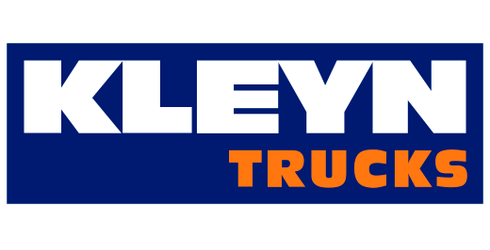Company obligations regarding the geolocation of professional vehicles

Many companies utilize geolocation technology to optimize the management of their professional vehicle fleets. While this technology provides significant benefits, its use is governed by strict regulations to ensure the protection of employee rights. This article outlines the key obligations companies must follow to use geolocation systems legally and ethically.
1. Inform Employees About Geolocation Use
Employers are required to notify employees about the installation and use of geolocation devices in professional vehicles. This information should include:
- The purpose of the geolocation system (e.g., route optimization, delivery tracking, theft prevention).
- How the system operates.
- The type of data collected and how long it will be retained.
Employees should receive this information in writing, such as through an amendment to their employment contract or an internal policy document.
2. Comply with Legal Purposes
Geolocation can only be used for specific and legitimate purposes, such as:
- Monitoring routes to optimize operations or reduce costs.
- Ensuring the safety of transported goods.
- Verifying vehicle use during working hours.
Using geolocation for disproportionate purposes, such as constant or unjustified employee monitoring, is not permitted.
3. Register or Notify Relevant Authorities
In many jurisdictions, companies must:
- Register their system with the relevant data protection authority, such as the GDPR-compliant organization in Europe, to ensure the data collection complies with privacy laws.
- Consult with employee representatives, such as a works council, if applicable, before implementing geolocation.
These steps enhance transparency and ensure compliance with legal requirements.
4. Limit Data Collection and Retention
The data collected via geolocation must be relevant and limited to what is necessary for the stated purpose. For example:
- Tracking personal trips outside working hours is prohibited.
- Data retention periods must be reasonable and justified to avoid privacy violations.
5. Ensure Data Confidentiality and Security
Companies are required to implement technical and organizational measures to protect geolocation data from unauthorized access or breaches. This includes:
- Using secure systems for data storage.
- Restricting access to authorized personnel only.
Employees must also be informed of their rights, including accessing, rectifying, or deleting their data.
6. Respect Employee Privacy During Non-Working Hours
If vehicles are used for both professional and personal purposes, companies must ensure that geolocation does not infringe on employees’ privacy. Solutions include:
- Allowing the geolocation system to be disabled outside working hours.
- Ensuring data collected during personal use is deleted or not stored.
7. Penalties for Non-Compliance
Failure to comply with geolocation regulations can result in significant consequences:
- Administrative penalties: Fines from data protection authorities, potentially reaching up to 4% of the company’s global annual turnover for serious GDPR violations.
- Civil or criminal penalties: Misuse of geolocation can lead to lawsuits for privacy violations or abuse of surveillance.
Geolocation is a powerful tool for businesses but requires careful compliance to protect employee rights and adhere to legal standards. Transparent communication and rigorous adherence to regulations allow companies to leverage this technology while avoiding legal and ethical pitfalls.
Are you planning to implement a geolocation system? Ensure compliance to optimize your operations while respecting your employees.

Subscribe to the news
We send only useful information on topics that interest you
Partners












